
7 Things Not to Do Before Taking a Shower to Avoid Stroke – 2 Common Mistakes People Often Make
A shower is a simple and refreshing way to start or end the day. However, many people unknowingly put their health at risk by doing certain activities just before stepping into the shower. Some habits may seem harmless but could lead to dangerous health consequences, including strokes. In this article, we’ll discuss seven things you should avoid doing before showering and two common mistakes people often make that increase the risk of stroke.
1. Avoid Eating Heavy Meals Before Showering
Eating a large, heavy meal before showering is a bad habit. After eating, your body needs time to digest the food, and your blood flow is focused on the digestive system. If you immediately shower, your body struggles to manage both digestion and the effects of the hot water. The sudden change in blood flow can trigger a stroke, especially for those with high blood pressure or other heart conditions. It’s best to wait at least 30 minutes after eating before stepping into the shower.
2. Do Not Shower Right After Physical Activity
Exercising increases your heart rate and blood pressure. Jumping straight into a hot shower after a workout can put stress on your heart and blood vessels. The sudden temperature change from intense activity to hot water can increase the risk of cardiovascular issues, including stroke. It’s important to cool down after exercising and wait for your body to return to a normal state before taking a shower.
3. Avoid Taking a Hot Shower When You’re Feeling Dizzy
Feeling dizzy or lightheaded is often a sign that your blood pressure is not stable. Stepping into a hot shower can dilate blood vessels, which can lower blood pressure further and exacerbate dizziness, potentially leading to fainting or stroke. If you feel unwell or dizzy, it’s advisable to rest and hydrate before taking a shower, and avoid hot water.
4. Do Not Shower with an Empty Stomach
Going into the shower without eating anything can make you feel weak or lightheaded, especially if you’ve been fasting or have low blood sugar. This can increase the risk of falling or having a stroke, as your body is already under stress from a lack of energy. It’s essential to have a small snack or meal before showering to avoid these risks.
5. Don’t Shower If You’re Already Feeling Stressed
High levels of stress are a major risk factor for stroke. If you're already feeling stressed or anxious, a hot shower can make things worse by raising your blood pressure. Instead, try to relax first, practice deep breathing, or take a few moments to calm down before stepping into the shower. Reducing stress is crucial for maintaining overall health and lowering stroke risks.
6. Avoid Drinking Alcohol Before Showering
Consuming alcohol before taking a shower can impair your coordination and judgment, leading to dangerous falls or accidents. Alcohol also dilates blood vessels, which can increase the risk of fainting or strokes when combined with the hot water in the shower. Always avoid alcohol if you plan to take a shower to ensure your safety and well-being.
7. Do Not Use Extremely Hot Water
Showering with water that’s too hot can be a shock to your system, especially if you already have health issues like hypertension. Hot water increases blood flow to the skin, which can stress the cardiovascular system and potentially trigger a stroke. It’s safer to use lukewarm or warm water that is comfortable for your body.
Two Common Mistakes Many People Make
1. Showering Immediately After Waking Up
When you wake up, your blood pressure is naturally lower, and your body needs time to adjust to the upright position. Showering immediately can cause a rapid change in blood flow, increasing the risk of dizziness or fainting. Instead, try drinking a glass of water and doing some light stretching before jumping into the shower.
2. Using Excessive Pressure While Showering
Some people use very strong water pressure while showering, believing it helps to massage the body. However, excessive pressure on the body can cause stress on the heart and vascular system. It’s better to use a moderate flow of water to avoid putting unnecessary strain on your body.
Conclusion
While taking a shower is an essential part of daily hygiene, it's important to be mindful of your health and avoid certain activities that could lead to serious issues like stroke. By following the seven tips outlined above and avoiding common mistakes, you can ensure a safer showering experience. Always listen to your body, and if you're unsure about your health or feel any discomfort, it's wise to consult a doctor before making shower habits part of your routine.
News in the same category


The Silent Disease That Easily Leads to Liver Cancer: Many People Have It but Remain Unaware

Is It Safe to Take a Cold Shower After Exercising in the Summer? What Doctors Say About Who Should Avoid It to Prevent Stroke

Bitter Taste In Your Mouth Discover Most Common Cause

Silent Symptoms of Anemia You Should Never Ignore

The Impressive Health Benefits of Guava Fruit and Leaves
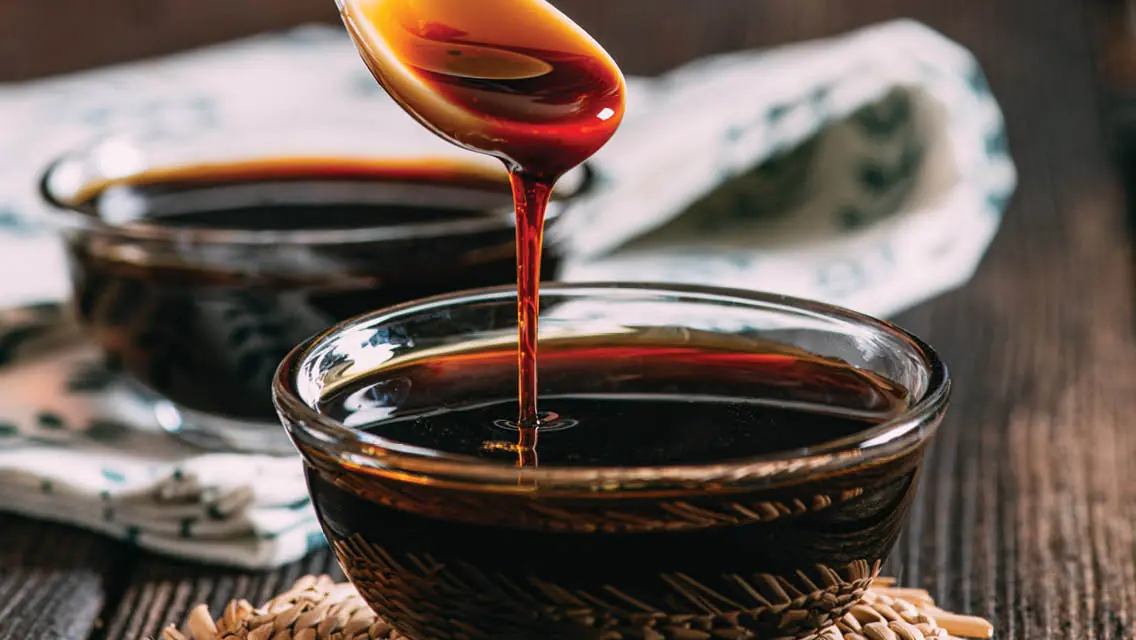
Molasses 101: Types, Proven Benefits, Uses, and More

The Psychological Meaning of Leaving Dirty Dishes
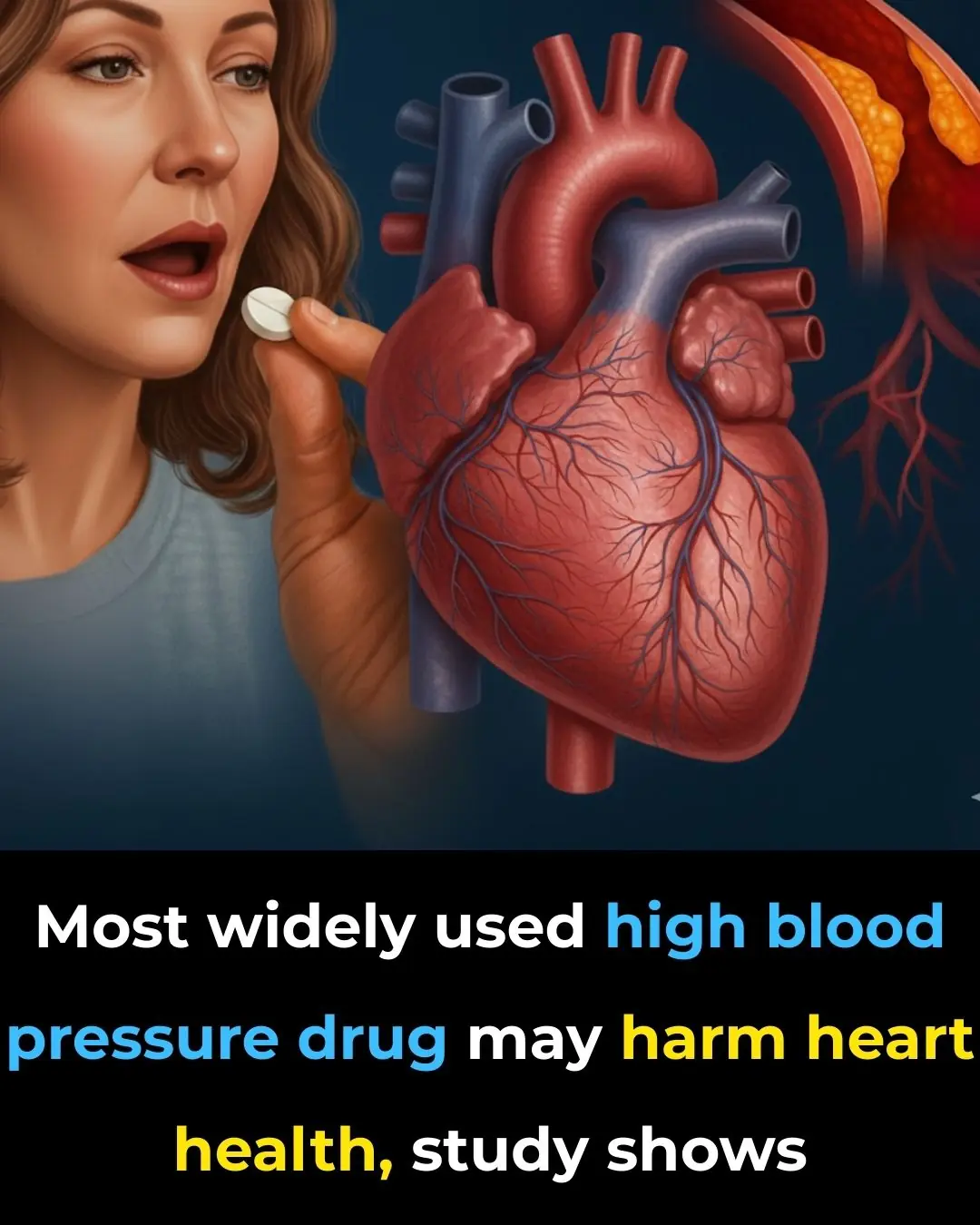
Most Widely Used High Blood Pressure Drug May Harm Heart Health, Study Shows
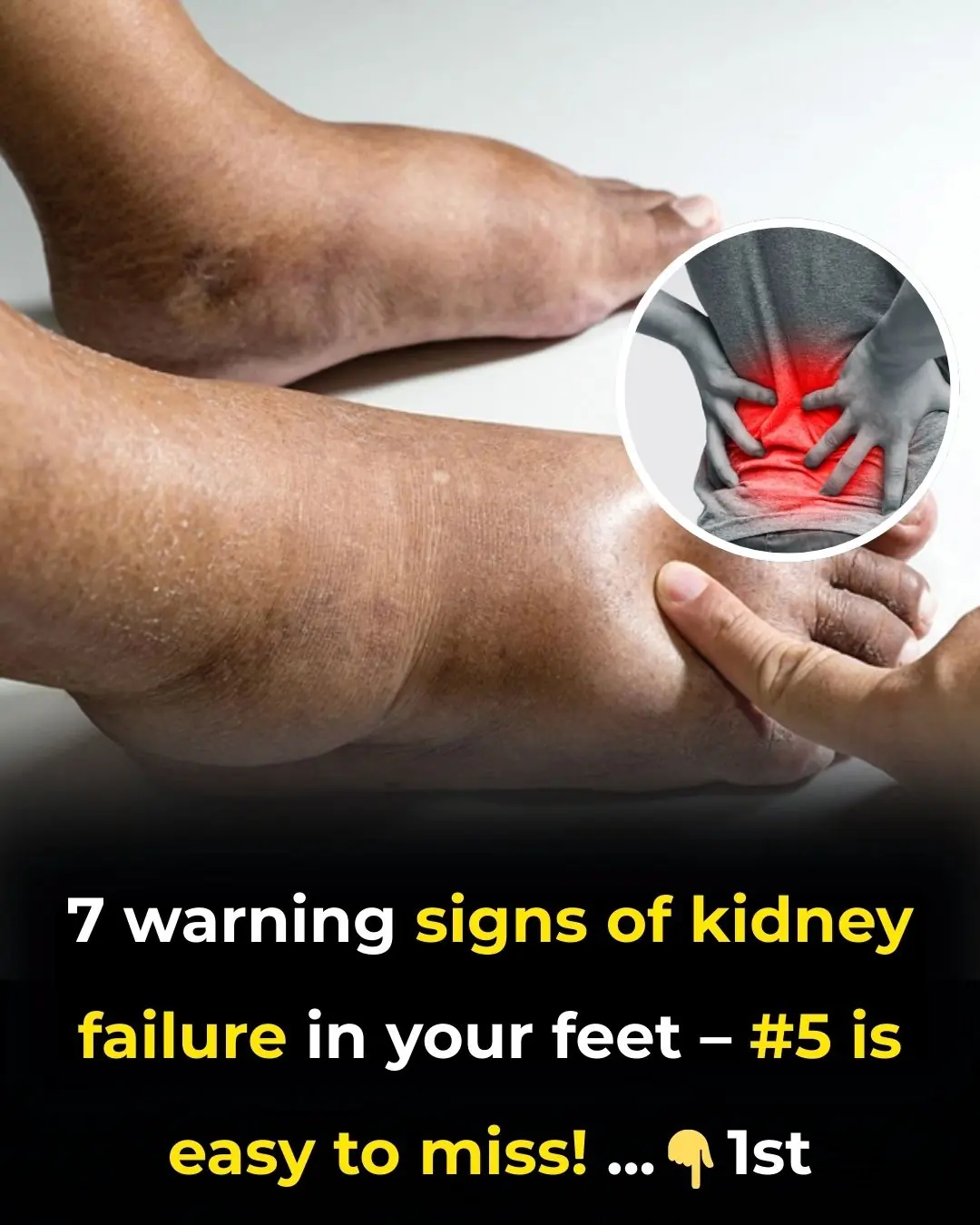
7 warning signs of kidney failure in your feet – #5 is easy to miss!
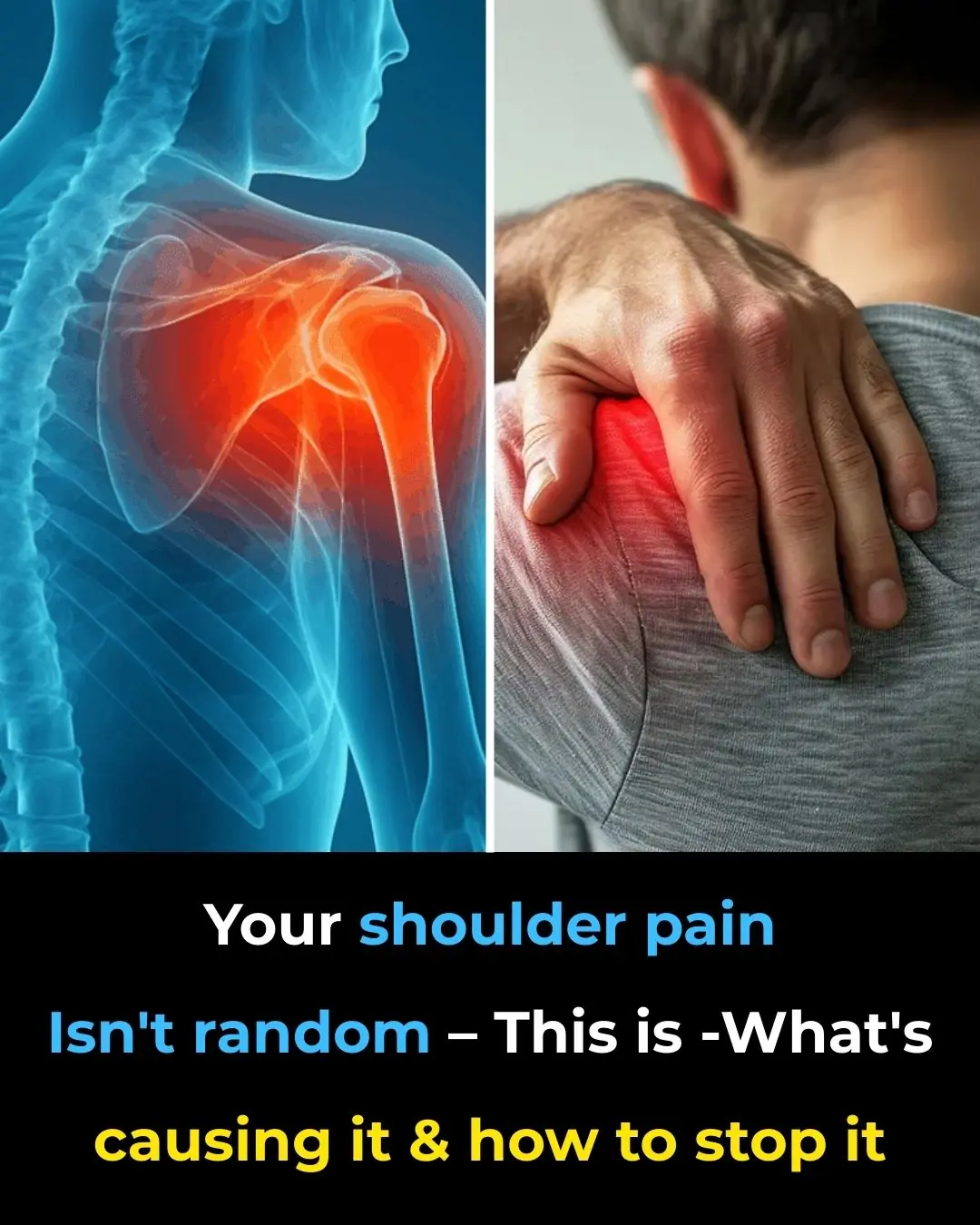
Shoulder Pain from Sleeping: Causes, Solutions and More

Teacher Shocked by Stage 4 Stomach Cancer Diagnosis After Mistaking Sore Throat for a Common Cold – 2 Kitchen "Culprits" Exposed
A sore throat may seem like nothing more than a seasonal annoyance, but sometimes it hides something far more dangerous. That was the devastating reality for a retired teacher in Taiwan who thought his discomfort was due to cold weather—until doctors re

50-Year-Old Man Dies After Eating Leftovers: 5 Foods You Should Never Keep Overnight
Leftovers may seem harmless, but in some cases, they can turn into hidden health risks. A tragic case has recently drawn attention to how certain foods, when stored improperly or left too long, may lead to life-threatening consequences.

3 Morning Urine Signs That Could Signal Silent Kidney Trouble – Don’t Ignore Them
Protecting your kidneys is about more than preserving the urinary system—it is about safeguarding your energy, your heart, and your long-term health.

Top 10 foods that improve blo:od circulation in legs
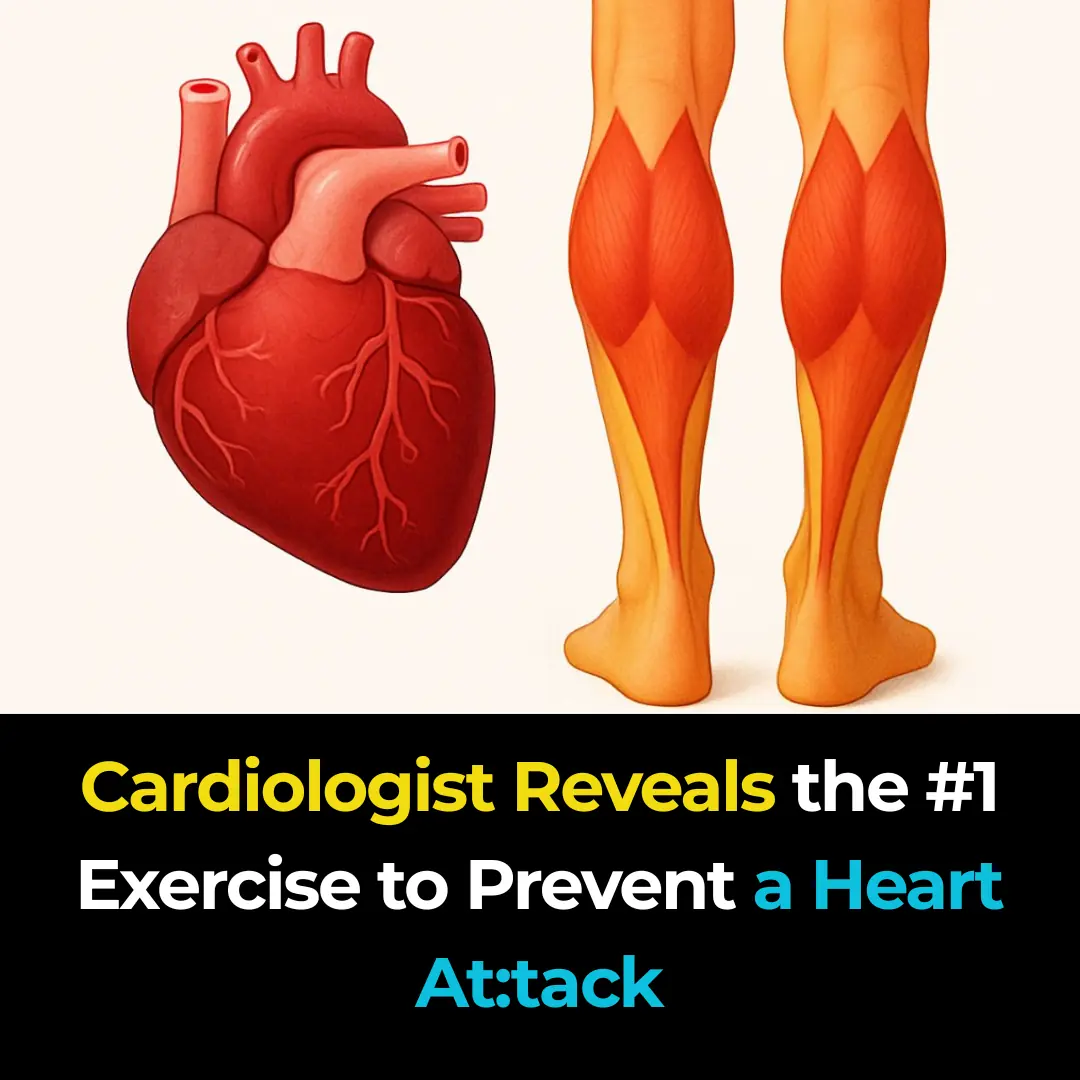
Cardiologist Reveals the #1 Exercise to Prevent a Heart Attack

Doctors prescribe LEVOTHYROXINE—but here’s what they don’t tell you

Claim: a juice regimen reportedly cleared can:cer cells in 42 days
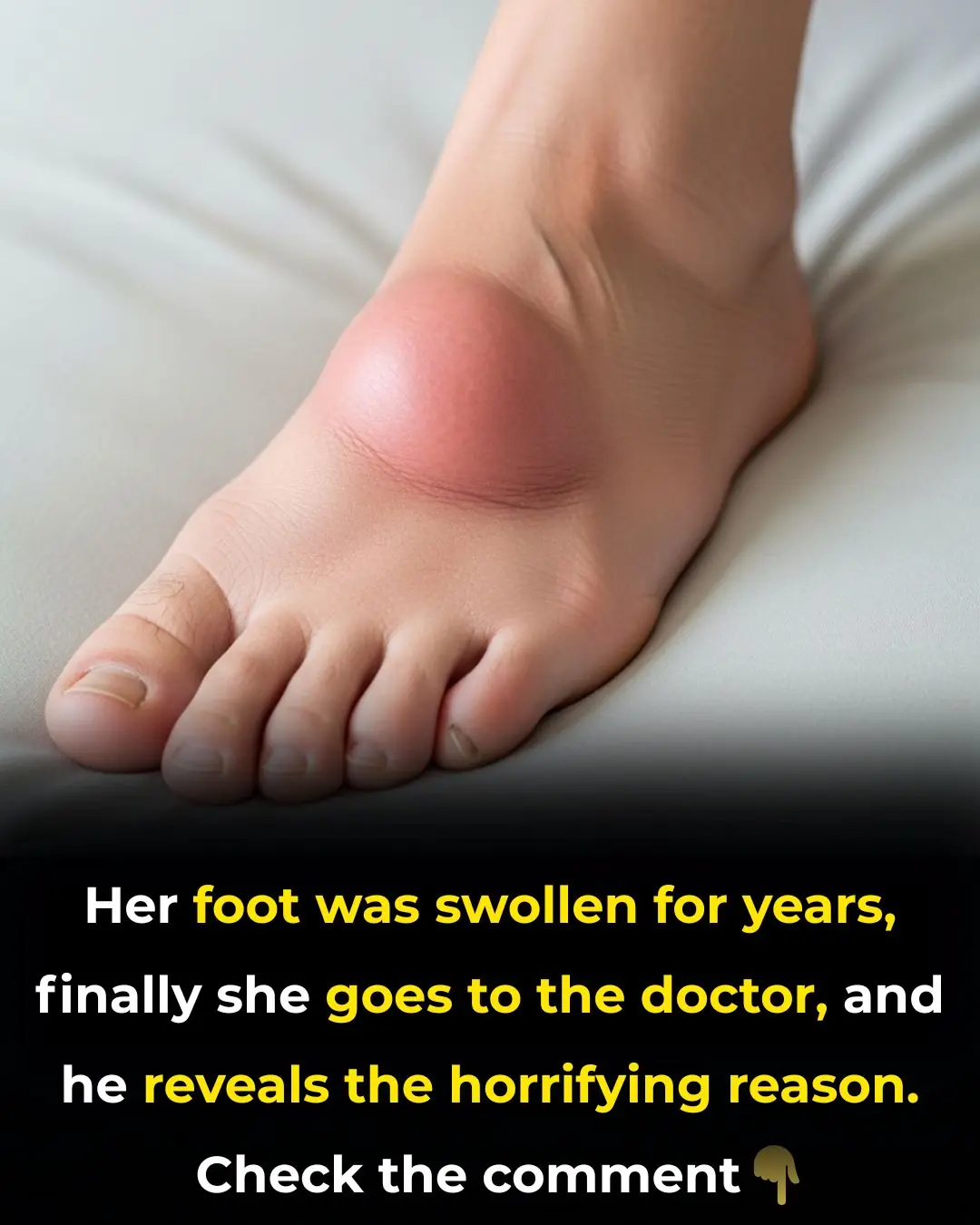
Woman Endures Years of Swollen Foot Before Doctor Reveals Shocking Cause
News Post

Apple fans divided as key component is axed from new AirPods Pro 3

Easy way to activate iPhone secret 'red mode' that users are just discovering
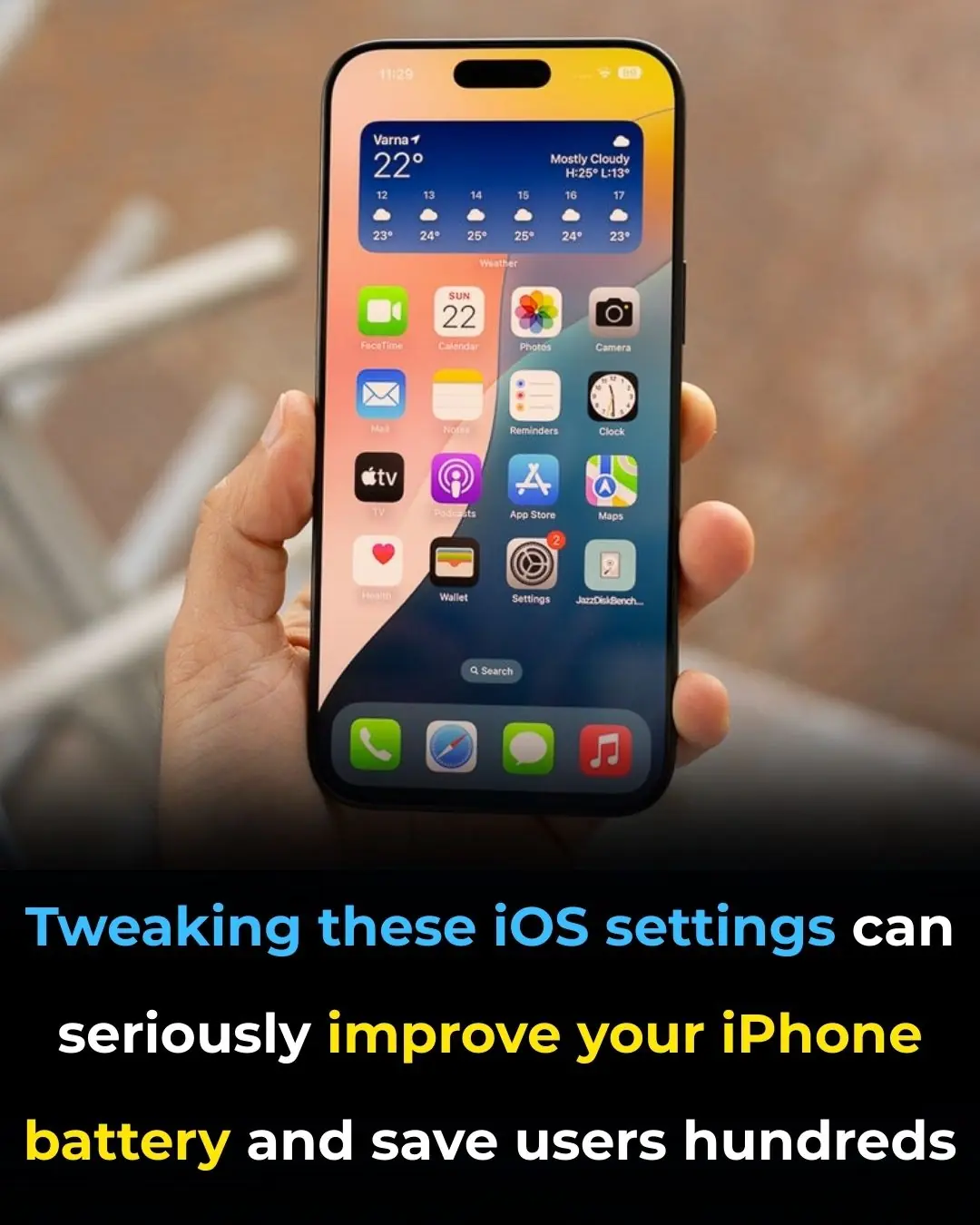
Tweaking these iOS settings can seriously improve your iPhone battery and save users hundreds

Equal Day, Equal Night: The Autumn Equinox Arrives

Trees Can Warn Us Before Volcanoes Erupt, Scientists Reveal

Heatwave of 41°C Causes Sudden Strokes in Healthy People: Doctors Warn of 7 Early Signs to Watch For

The Silent Disease That Easily Leads to Liver Cancer: Many People Have It but Remain Unaware

Is It Safe to Take a Cold Shower After Exercising in the Summer? What Doctors Say About Who Should Avoid It to Prevent Stroke

Bitter Taste In Your Mouth Discover Most Common Cause

Silent Symptoms of Anemia You Should Never Ignore

The Impressive Health Benefits of Guava Fruit and Leaves

Molasses 101: Types, Proven Benefits, Uses, and More

5 home appliances that consume more electricity than air conditioners. If you don't unplug them at the end of the month, your bill will skyrocket

What is black vinegar? Nutritional value and uses of black vinegar

How to make fish mint juice that is not fishy, easy to drink, helps slim body, whiten skin

A plant with a distinctive aroma: Both a spice and a 'miracle drug' for health

Take 1 ice cube and drop it into the rice cooker: A great use that every family wants to follow.

How to make banana vinegar with just 4 simple ingredients, you will have a delicious finished product
